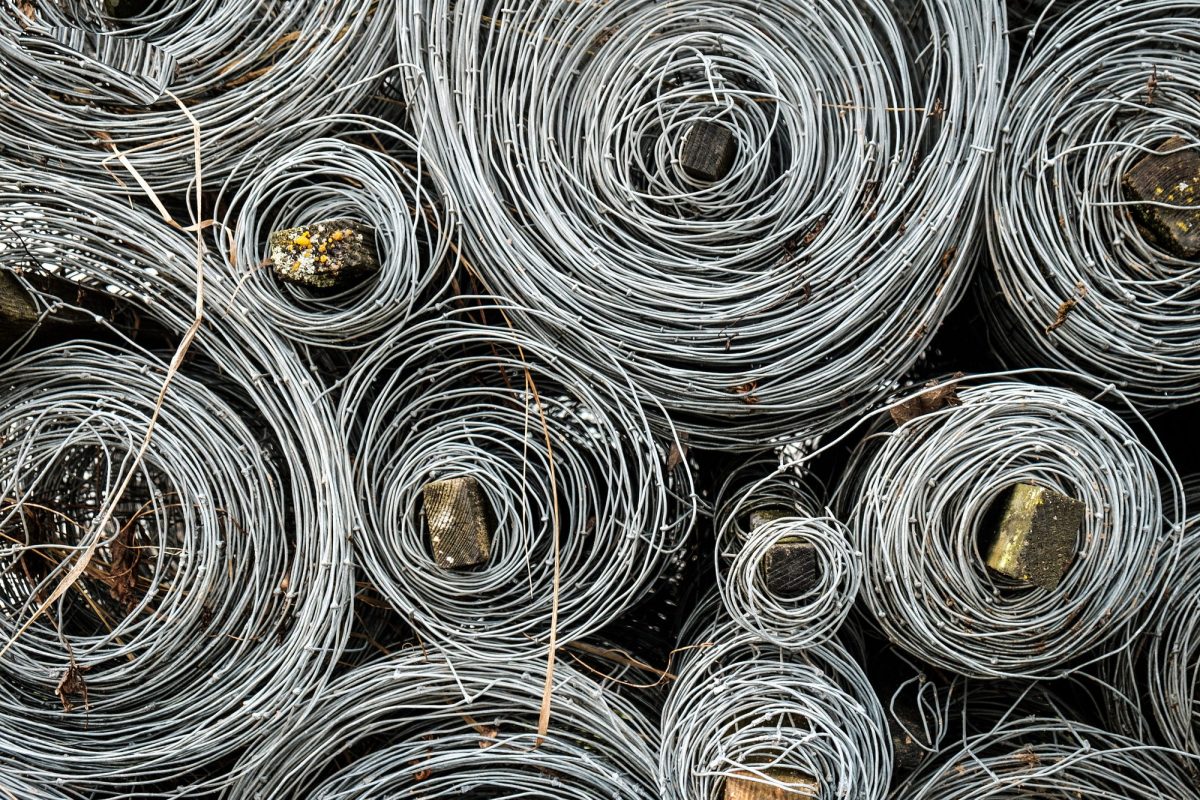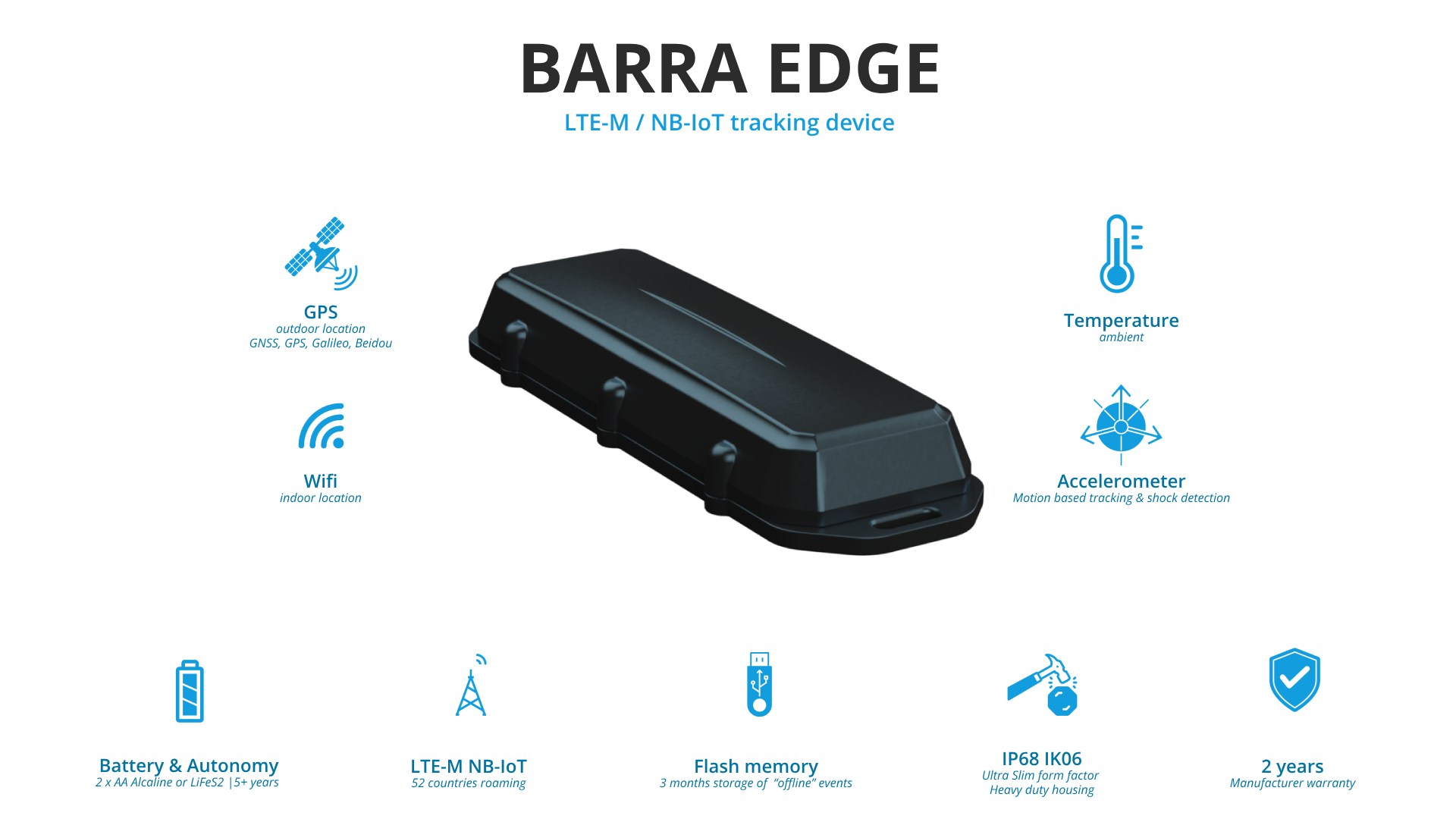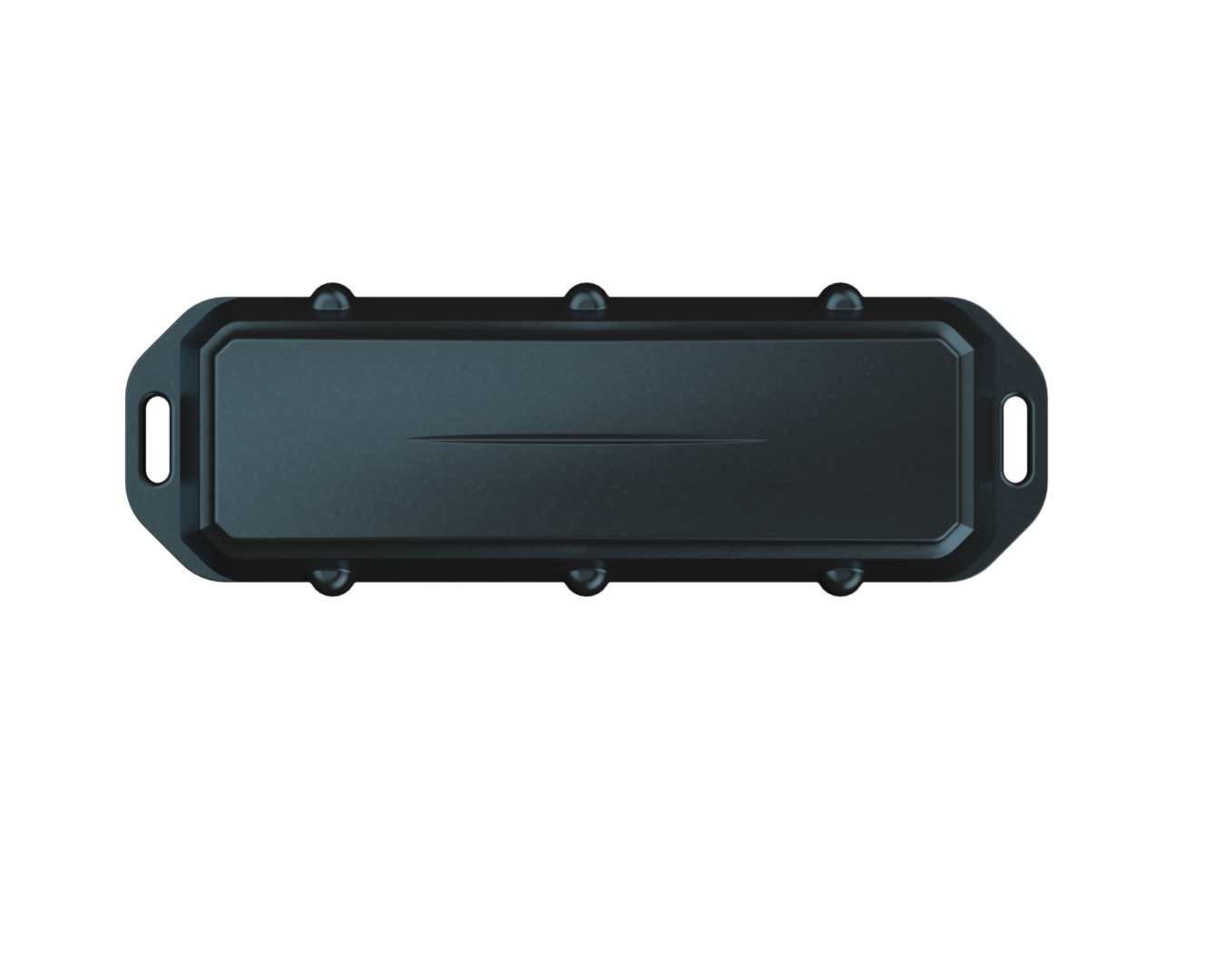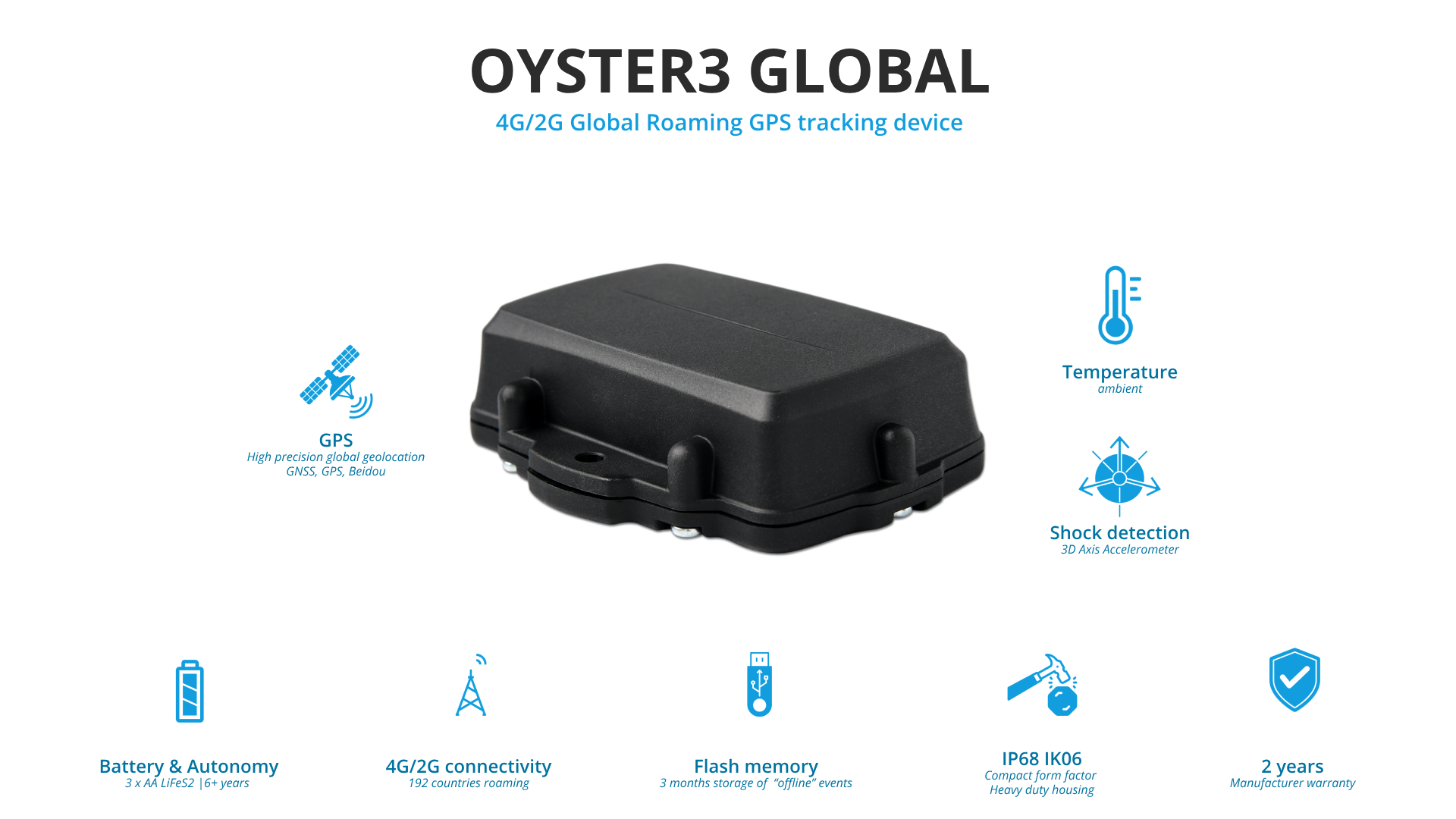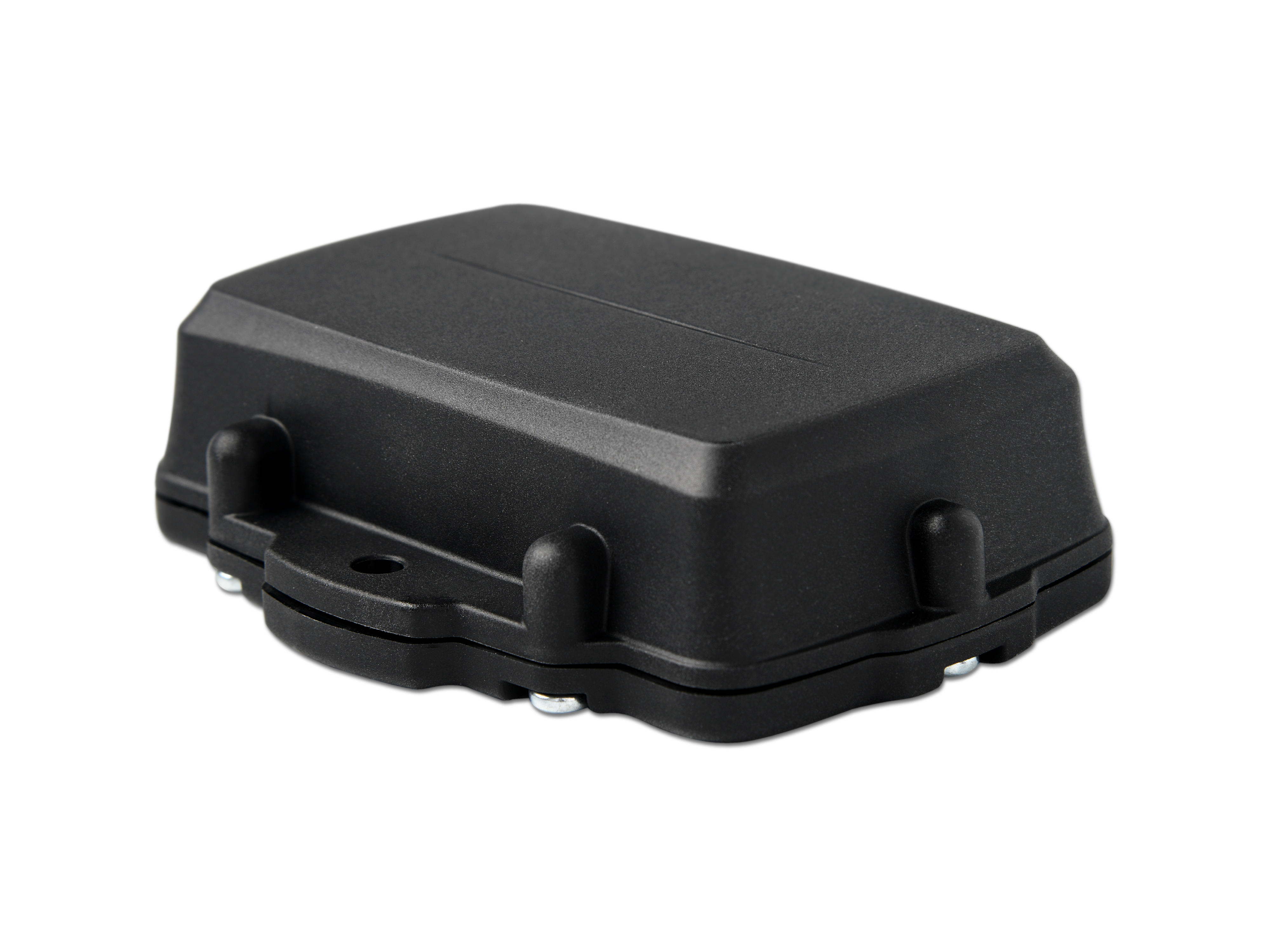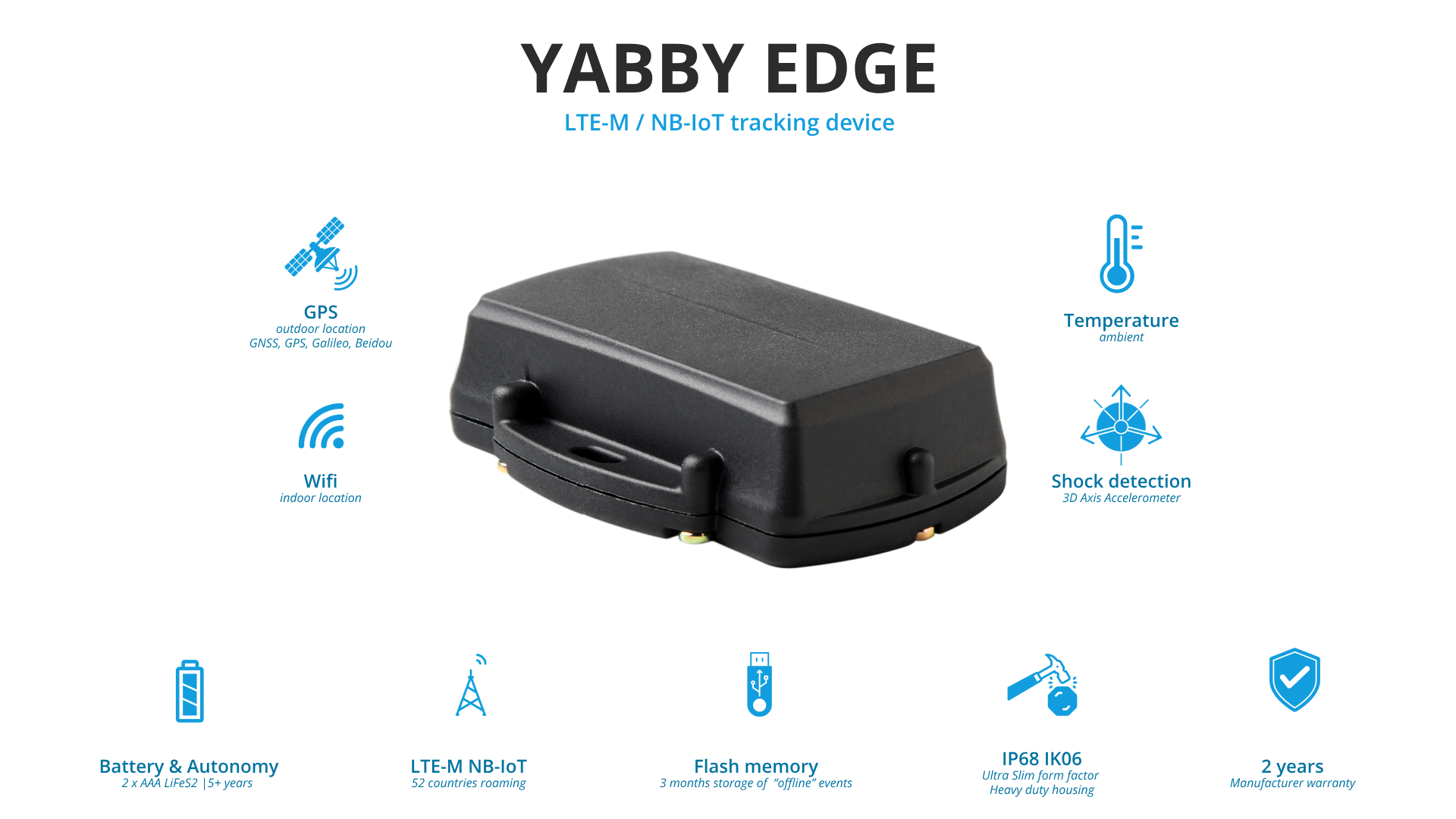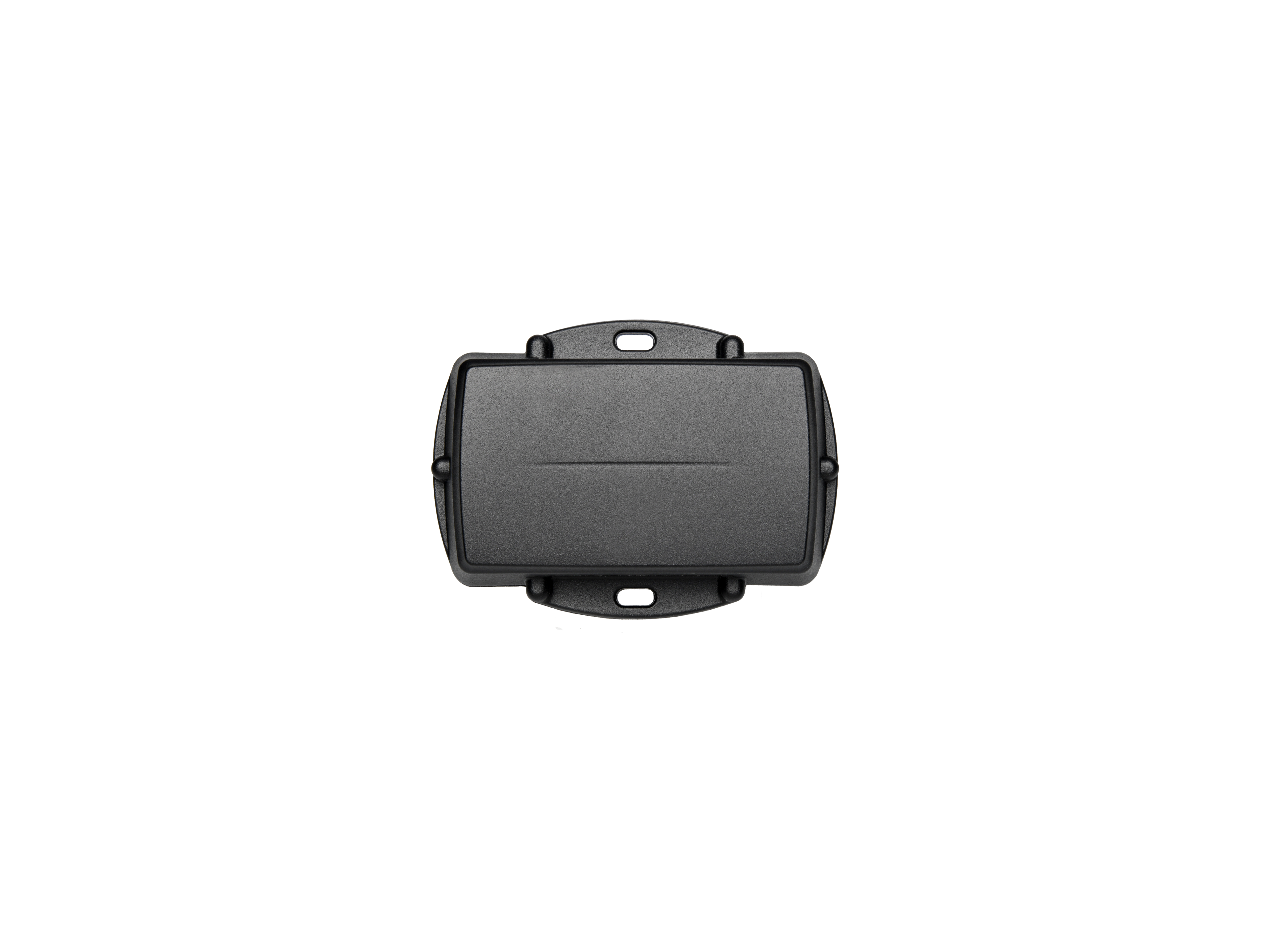Achieving Circularity: The Role of Traceability in Modernization, Takeback and Remanufacturing
In today’s manufacturing landscape, the concept of circularity is gaining traction as a sustainable and economically viable approach to managing assets. Manufactured assets circularity involves the continuous cycle of use, modernization, and remanufacturing, reducing waste and maximizing resource efficiency. At Wisechain, we understand that traceability is the critical prerequisite and starting point for achieving circularity. This article explores the importance of traceability, the role of asset modernization and upgrades, and the economic and environmental benefits of circularized assets.
Traceability Unlocks Manufactured Assets Circularity
Traceability is the foundation of manufactured assets circularity. It ensures that the entire lifecycle of an asset can be tracked and managed effectively. Here’s why traceability is crucial
Consistent and Reliable registration
Traceability enables manufacturers to accurately track the location, ownership, and usage of assets throughout their lifecycle
Traceability can take various forms, from owner’s declaration to direct field capture and asset geolocation, manufacturers gain from implementing all forms of registration
Data-Driven Decisions
With comprehensive traceability data, manufacturers can make informed decisions about when to modernize, upgrade, or remanufacture assets.
Compliance and Accountability
Traceability helps in meeting regulatory requirements and ensures accountability in the management of assets.
The Role of Asset Modernization and Upgrades
Asset modernization and upgrades are essential components of manufactured assets circularity. Whether performed on-site or off-site, these activities extend the lifespan of assets and prepare them for eventual remanufacturing
On-Site Modernization:
On-site modernization involves upgrading assets at the customer’s location, minimizing downtime and ensuring continuous operation.
Off-Site Upgrades:
Off-site upgrades allow for more extensive modifications and improvements, ensuring that assets are fully optimized before being returned to service.
Environmental Benefits of Circularized Assets
In addition to the economic benefits of keep equipment performing for longer periods of time with adequate maintenance, upgrades and modernizations, manufactured assets circularity provides substantial environmental advantages.
01.
Reduced Waste
Circularity minimizes waste by keeping assets in use for longer periods and reducing the need for disposal.
02.
Lower Carbon Footprint
Remanufactured assets have a lighter environmental footprint compared to newly produced assets, reducing carbon emissions and conserving natural resources.
03.
Employee engagement
Boosting circularity programs enhances your company’s culture by expanding sustainability, innovation, and responsibility practices. It strengthens team engagement, as employees take pride in contributing to environmental impact and long-term value creation.
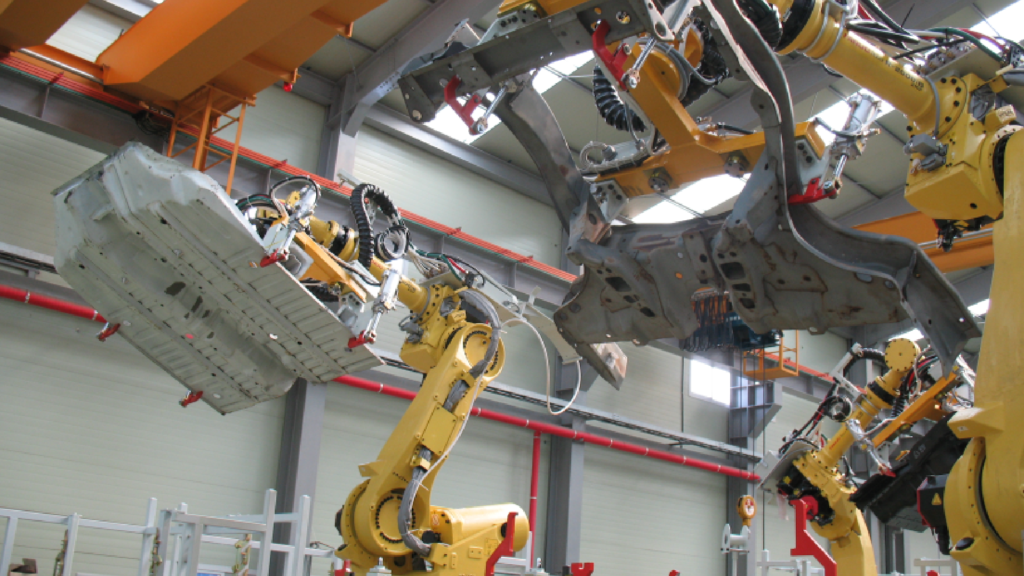
How Wisechain Supports Manufacturers' Circularity Programs
Wisechain’s Salesforce-based app is designed to support manufactured assets circularity by providing comprehensive traceability and asset management capabilities:
- Multi-Modal Traceability
- Our Salesforce based App integrates geolocation and tracking technologies to provide accurate and real-time traceability of assets, ensuring accurate data throughout the asset lifecycle.
- Our Field Capture App enables field service engineers and asset owners to simply declare their assets’ Serial Number, type and location.
- Comprehensive Asset Journey visibility
- Wisechain helps manufactures grow a granular installed base knowledge, enabling circularity activities
- Seamless Integration with Salesforce
- Our Salesforce native App enables users and partners to plan all reverse logistics activities to ensure consistent circularity of assets

